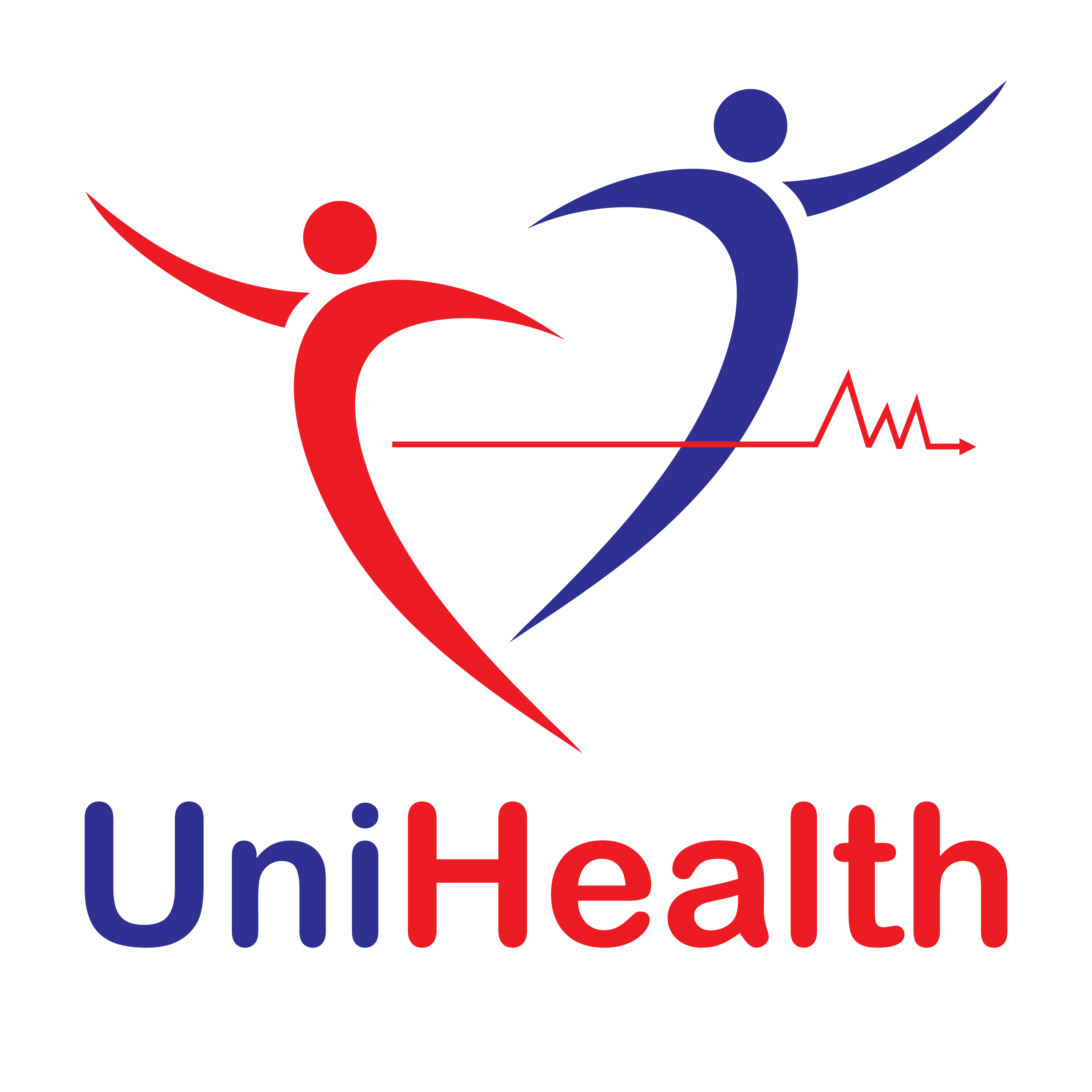A brain stroke is a life-changing event that can happen in an instant, but it’s also one that can be mitigated or even prevented with the right knowledge and action. At UMC Zhahir Hospital, we are committed to raising awareness about strokes so you can better understand the signs, causes, and most importantly, what you can do to protect yourself and your loved ones.
What is a Stroke?
Imagine your brain is a city that relies on a network of highways for essential supplies, like oxygen and nutrients, to reach every area. A stroke occurs when one of these highways – the blood vessels leading to the brain – gets blocked or ruptures. When the brain doesn’t receive blood, brain cells begin to die within minutes. And because our brains control everything we do, from thinking to moving, a stroke can affect our lives in profound ways.
Types of Stroke
Strokes aren’t all the same. There are three main types, each with different causes and impacts:
Ischemic Stroke: This is the most common type, making up around 85% of all strokes. It occurs when a blood clot blocks a blood vessel in the brain, cutting off blood flow to the affected area. These blockages are often caused by fatty deposits (plaque) in the arteries or clots that travel from other parts of the body.
Hemorrhagic Stroke: This happens when a blood vessel in the brain bursts, causing bleeding. The pressure from this bleed damages brain cells. Hemorrhagic strokes are often linked to high blood pressure, aneurysms, or head injuries.
Transient Ischemic Attack (TIA): Often called a “mini-stroke,” a TIA is a temporary blockage that doesn’t cause permanent damage. However, a TIA is a serious warning sign, as it greatly increases the risk of a full-blown stroke in the future.
Spotting a Stroke: The FAST Method
A stroke can strike at any time, but quick action can make all the difference. That’s where FAST comes in – a simple acronym that helps you remember the most common signs:
Face Drooping: One side of the face may droop or feel numb. Ask the person to smile and see if it looks uneven.
Arm Weakness: If one arm feels weak or numb, ask the person to raise both arms – does one drift downward?
Speech Difficulty: Slurred speech or trouble speaking is a warning sign. Ask them to repeat a simple sentence.
Time to Call for Help: If you notice any of these signs, call emergency services immediately. Every second counts.
How to Reduce Your Risk
Taking steps to prevent a stroke can be life-saving. Here are a few ways to lower your risk:
Control High Blood Pressure: High blood pressure is the most significant risk factor for stroke. Regular check-ups, a balanced diet, and medication if necessary can help keep it in check.
Stay Physically Active: Exercise strengthens the heart and improves blood flow. Aim for at least 30 minutes of activity most days of the week.
Quit Smoking: Smoking damages blood vessels and increases clot risk, so quitting can drastically reduce stroke chances.
Eat a Healthy Diet: Limit foods high in salt, sugar, and saturated fats. A diet rich in fruits, vegetables, and lean proteins can make a difference.
Treatment and Support at UMC Zhahir Hospital
At UMC Zhahir Hospital, we provide comprehensive care for stroke patients. From emergency treatment with clot-busting medications and advanced surgical interventions to rehabilitation services like physical therapy and speech therapy, our team is here to support recovery at every stage. We believe that with the right care and community support, stroke survivors can regain strength and live fulfilling lives.
Conclusion
Knowledge is the best defense against a stroke. By understanding the symptoms and acting fast, we can save lives and protect our communities. This World Stroke Day, UMC Zhahir Hospital invites everyone to learn about stroke prevention and share the FAST signs with friends and family – together, we can make a difference.


